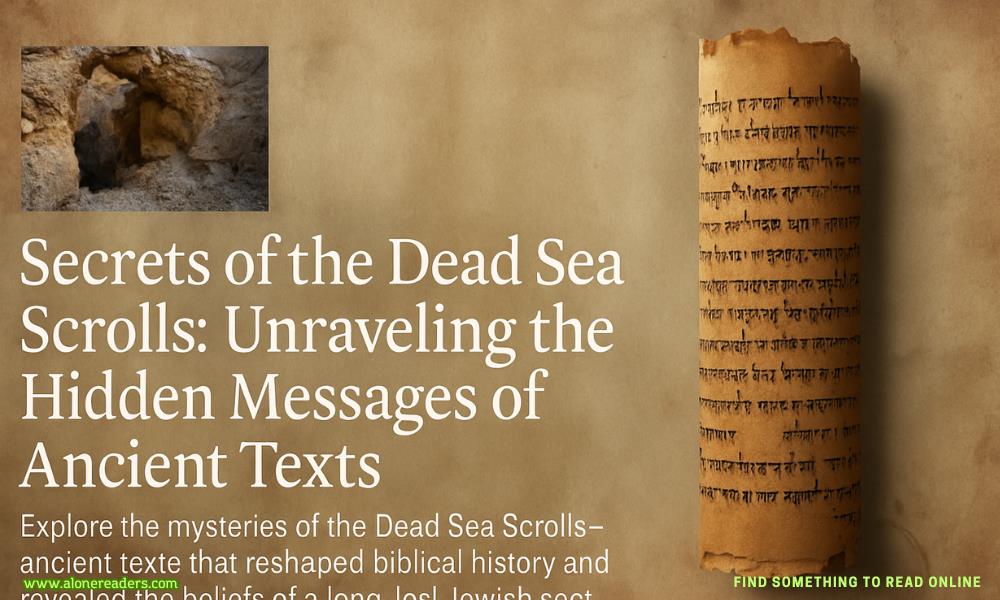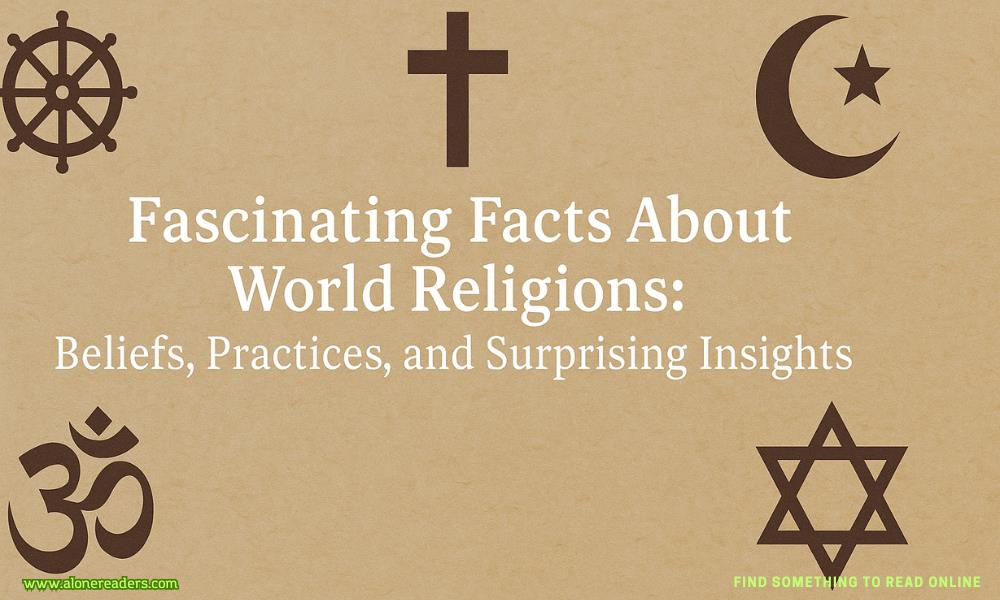Page 71 of The Starving Saints
Her muscles are screaming by the time she gives up, and she feels too exposed, too raw. She stumbles to the walled garden. She needs shade herself, a little shelter, but she’s not ready to go back inside. Not yet. Not yet.
The garden has grown green again. She sidesteps broad, shining leaves, sticks to the thin track of dirt that still leads to the center. She sits heavily on the bench. It’s not safe here, either; she remembers the Lady coming to collect her here before the feast. She remembers...
Golden hair.
Golden hair, and then the thought is gone again, buried, stolen from her. There is only buzzing left, and emptiness, the same feeling she felt in Phosyne’s tower, in the tunnel below the earth. The nothingness that has replaced something that once was. Voyne fists her hands in her hair, shudders. She can’t even remember what she was thinking of, when the buzzing started. The garden, perhaps? She remembers the Lady. She remembers her king telling her that it was time to begin eating their own, remembers fighting it, but it all runs together. Those weren’t the same day. The Lady came later. But it is the Lady she remembers sitting on this bench with her, taking her hand, shaking the foundations of her world apart.
Voyne jolts away from the bench, on her feet again, retreating. Something foul has happened here, and she cannot think about it without bile rising in her throat.
It’s easier to go back out, to keep moving bodies.
She doesn’t notice how she is gentler with the girls with golden hair.
29
Treila can barely see, the sunlight is so intense. It was full night when she crawled beneath the castle, but now it’s midday. It’s midday, and it’s mid-autumn, the air filled with a crisp bite, the trees around her wreathed in blazing orange.
Across the river, there is mud, and rubble, and no other trace of the Etrebian camp.
She cradles her hand against her chest, fingering the abbreviated bump at the outer edge of her left hand. There’s no pain now, not even a red raised spot to mark where the darkness’s teeth bit in. The skin is continuous, even-toned, soft. It feels just like all the skin around it.
It’s like there was never a finger there at all, and that,that, is what brings her to her knees.
She clutches her hand tight, gasping, sucking in desperate breath after desperate breath, unsure of where she goes next.
A quick inventory: she has her body (mostly) and her mind (likewise), clothing and boots, a small amount of food, a candle she can light, and a knife, still tucked into her remaining stocking, safe and sound. It’s more than she had when her father was executed. She’d been tossed out with only the clothes on her back and fine slippers on her feet.
If she finds somebody, anybody, she can do it again. Walk away, forget about the Loving Saint and Phosyne, Edouart and Simmonet, Ser Voyne and King Cardimir, and find some new place to make her home in.
Treila makes herself stand and trace the path of the river until shefinds a bridge. It’s new construction. Not well-made, but more than a felled tree. It’s unguarded, and she crosses over, into the churned mud of the old encircling camp.
From this distance, Aymar is a monument. There is nobody on the battlements, and she can’t make out the blocks of stone from here, only the imposing whole. It towers on top of the bluff, impenetrable, unpenetrated. There’s no smoke rising from it, no new banners waving at the tops of the towers, and though she cannot see it from here, she assumes the gates are closed just as tightly.
It makes no sense.
She picks her way along the riverbank, her boots drying slowly in the damp autumn air. There’s no trace of the heat that had her almost senseless just days ago. It’s like she fell asleep below the earth and woke up only to find the future is now the present.
But if it has been three months, then Phosyne and Ser Voyne...
Treila keeps walking and does her best not to think. It doesn’t matter, after all. It didn’t matter the moment she left them in the keep and went on ahead alone.
Eventually, she leaves the river proper and begins picking her way up the hillside. It’s steep, but there are steps cut into the sod at the worst parts, and the main road runs along the ridge above her, from Aymar into the world. As she walks, she passes more remnants of buildings and fortifications. The contravallation has been broken down to rubble, and for a moment, Treila fears that far more than a few months have been stolen from her. This looks like the work of decades.
Or of engineers. She catches sight, at last, of a smaller fortification between her and the road. The camp is small, home to no more than twenty souls, and it stands out stark in the middle of what has become a field of mud. It sits where Etrebia once centralized its command, if the walls that ring it and the emblazoned crates that linger are any indication. The bones of it are hollowed out, surrounded by tents, and a fire burns at the center.
Treila makes for it as quickly as she can, desperate for the world to make sense again.
There are guards, and they bring Treila up short, but they’re notprimed to kill. She keeps her eyes down and smiles and uses her quietest voice, tells them a quick little story about her father wanting to know what is happening up here on the ridge, and they let her pass. Make a place for her by the fire and let her warm her chilled hands as they cook their dinner: rabbit and squash, fragrant and safe to eat.
It is all she can do not to swallow it down in feral gulps. She could eat a whole rabbit herself, and long for more. Her carefully managed hunger tries to slip its bonds.
She picks the meat from little bones until she remembers the foot upon the table, its owner nameless, forgotten. It sours her appetite enough that she must appear normal to them.
When her portion is gone, she lets herself drift over to the man she thinks is in charge. He’s not trying to hide it; he didn’t eat with all the rest, and has a beautiful fur-lined cloak. He’s young, with a twice-broken nose, and he inclines his head in greeting when she sidles closer.
She doesn’t want to play the fool, but there are too few people here for her to sell herself as some long-ignored servant. So instead she plays the farmer’s daughter, gawping at the devastation around her.
The man takes pity. Of course he does. “It’s not a pretty sight, is it?” he asks.















